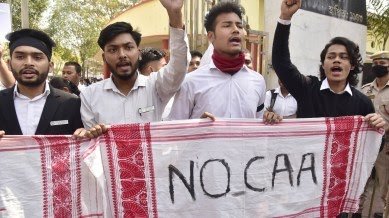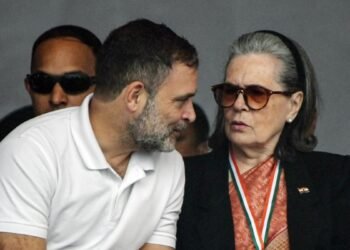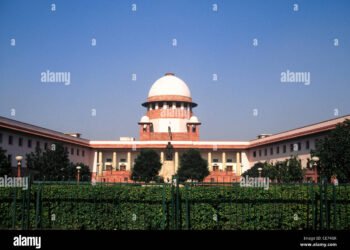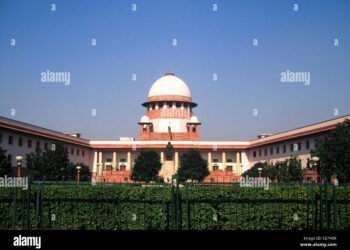The Citizenship (Amendment) Act, 2019 is being challenged in about 200 petitions before the Supreme Court of India today, March 19. The petitions ask for a stay on the 2024 Citizenship Amendment Rules and the implementation of the CAA.
A bench consisting of Justices JB Pardiwala and Manoj Misra, chaired by Chief Justice of India DY Chandrachud, will hear the peitions.
CAA implemented on March 11
Five years after the CAA was approved by parliament in December 2019, the Central government began implementing it on March 11. An amendment to the Citizenship Act of 1955 is the CAA.
This new act will expedite the process of granting Indian citizenship to migrants belonging to the Hindu, Sikh, Jain, Parsi, Buddhist, or Christian communities who arrived in India on or before December 31, 2014, as a result of religious persecution in their home countries. These migrants are from Afghanistan, Bangladesh, and Pakistan.
Petitioners’ claim
The petitioners said that the Muslim community was the target of discrimination by CAA. There has been contention that the right to quality guaranteed by Article 14 is violated by this irrational religious segregation.
Kerala was the first state to petition the Supreme Court in 2020, arguing that the CAA had breached the right to equality guaranteed by the Indian Constitution. Additionally, it has challenged the CAA regulations in a second action filed with the highest court.
What oppositions say?
Last week, Senior Advocate Kapil Sibal brought up a plea before the Supreme Court that was submitted by the Indian Union Muslim League (IUML), a group based in Kerala. Days before the Lok Sabha elections, the Centre’s decision to apply the CAA was questioned by the IUML in the petition.
AIMIM chairman Asaduddin Owaisi, Congress politician Jairam Ramesh, Assam Congress leader Debabrata Saikia, TMC leader Mahua Moitra, NGOs Rihai Manch and Citizens Against Hate, a few law students, and the Assam Advocates Association are among the other petitioners.
Owaisi said that the country cannot tolerate laws that are based on religion and he questioned the Bharatiya Janata Party’s position on the CAA.
“This issue transcends political boundaries. This concerns the entire country. Would you like 17 crore Muslims to be stateless? The principles of the Constitution are violated by this. Not even the reasonable test will pass this,” said Owaisi.
The CAA Rules, 2024, which were used to implement the CAA, have also been challenged by the IUML, Debabrata Saikia, Asom Jatiyatabadi Yuba Chatra Parishad (a regional student organization), Democratic Youth Federation of India (DYFI), and the Social Democratic Party of India (SDPI).
The Center had remained steadfast in its position throughout the dispute, arguing that it would not impair citizens’ legal, democratic, or secular rights and asking the court to reject petitions that opposed it.














